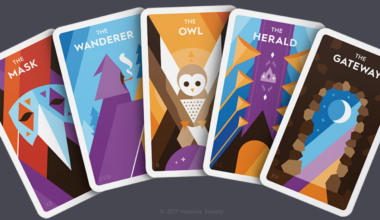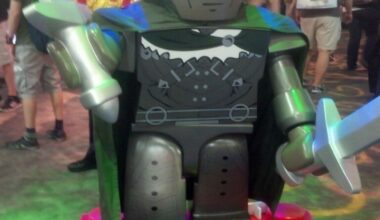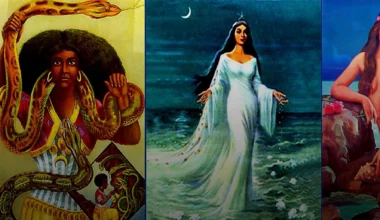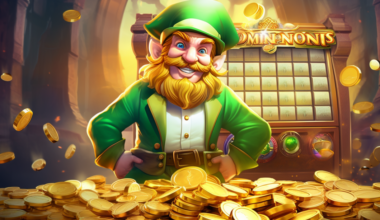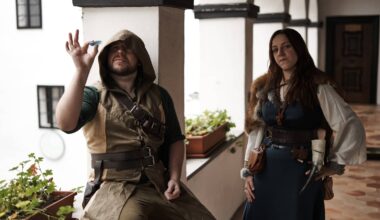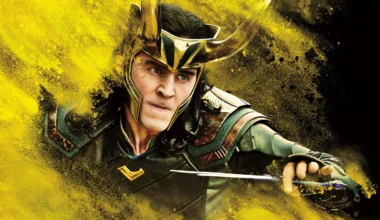Role-playing games (RPGs), both tabletop and digital, have long been a medium for immersive storytelling and world-building. In recent years, many RPGs have started to draw inspiration from the rich tapestry of global mythologies, bringing ancient stories to life in ways that are both engaging and educational. Games like Dungeons & Dragons, Scion, and Kult stand out for their incorporation of diverse myths, offering players a chance to explore cultures and beliefs from around the world.
Dungeons & Dragons: A Foundation Built on Myth
Since its creation in the 1970s, Dungeons & Dragons (D&D) has drawn heavily from European mythology, particularly Norse, Greek, and Celtic traditions. However, as the game evolved, it began to include a broader spectrum of myths. The game’s multiverse features a wide array of gods, demons, and mythical creatures, many inspired by various cultural mythologies. For instance, the D&D setting of Kara-Tur is heavily influenced by East Asian mythology, while the Al-Qadim setting draws from Middle Eastern folklore.
In D&D, the game master (GM) acts as a storyteller, guiding players through scenarios where they interact with these mythological beings, undertake quests, and shape their own heroic narratives. This interactive form of storytelling allows players to experience mythological themes firsthand, fostering a deeper understanding and appreciation of different cultures.
Scion: Modern Myths in a Contemporary World
Scion takes a unique approach by placing mythological figures in the modern world. Players take on the roles of demigods, the children of ancient deities from pantheons that include the Norse, Greek, Egyptian, and even lesser-known traditions like the Orisha from West African Yoruba mythology. The game challenges players to navigate both their divine heritage and human lives, blending ancient mythological elements with contemporary issues.
This blend of the old and new allows for a rich narrative experience where players can explore how ancient beliefs might manifest in a modern setting. Scion empowers players to draw upon a diverse range of mythological traditions, encouraging inclusivity and a more global perspective on storytelling.
Kult: Dark Mythology and the Human Psyche
Kult is an RPG that delves into darker mythological themes, drawing from Gnostic beliefs, Kabbalistic traditions, and other esoteric systems. Its setting is a world of illusion, where the reality of gods, demons, and other supernatural entities is hidden just beneath the surface. Kult challenges players to confront the unknown and explore the boundaries between reality and myth, often venturing into psychological horror.
The game’s reliance on lesser-known mythological and religious traditions provides an opportunity for players to explore different philosophical concepts and worldviews. This makes Kult a powerful tool for creating narrative experiences that are both thought-provoking and chilling.
Creating Immersive and Inclusive Experiences
Game masters and players can use these mythologically rich settings to create immersive and inclusive storytelling experiences. By drawing from a variety of cultural myths, they can introduce players to new perspectives and foster a deeper appreciation of global diversity.
Moreover, these games offer a safe space for exploring themes such as identity, morality, and the human experience through the lens of mythology. By engaging with diverse myths, players can better understand their own beliefs and those of others, making RPGs a valuable tool for both entertainment and personal growth.
In a world where storytelling is ever-evolving, the integration of diverse myths into RPGs highlights the power of interactive storytelling to educate, inspire, and bring people together. Whether it’s through the heroism of Dungeons & Dragons, the modern-day gods of Scion, or the dark mysteries of Kult, mythology remains a vital part of how we create and share stories.

